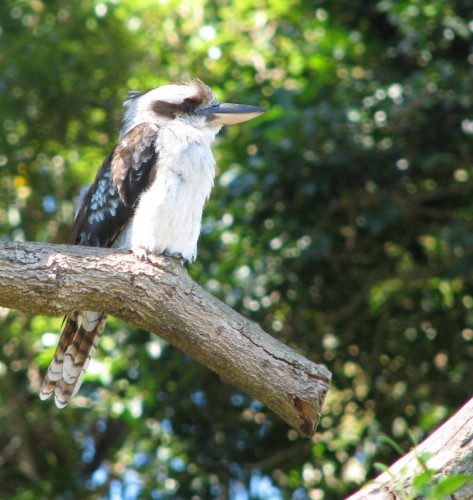
The Turning - Tim Winton
Tim Winton is arguably Australia’s leading writer at the moment. Four times winner of our most prestigious Miles Franklin Award, Winton stands alone at the top of Australian literature. His most recent award was for his highly acclaimed novel Breath. I read this last year and made comments on my blog here.
It was with great anticipation then that I took his collection of short stories The Turning away with me on a beach holiday just before Christmas last year. This book is a collection of twenty short stories set largely in rural Western Australia. The rural settings evoked by these stories spoke strongly to me as I grew up in a similar setting here in South Australia. Much of what he wrote about was familiar and comfortable territory.
What makes this an interesting book is the interconnectedness between many of the stories. While each story stands alone, each also has connections with other stories. Sometimes the setting is the same. The same characters keep appearing in different stories. Different characters relate the same incidents from their perspective. It is clever and intriguing writing.
While the settings are most definitely a strong point of the collection, the characters are also strongly drawn. You could walk into any country pub anywhere in Australia and find one or two people just like Winton’s characters. He certainly has a strong grasp of the Australian character.
Very enjoyable reading.
Highly recommended.
Further reading:
Reference:
- Winton, T 2006 The Turning. Pan Macmillan Australia, Sydney
